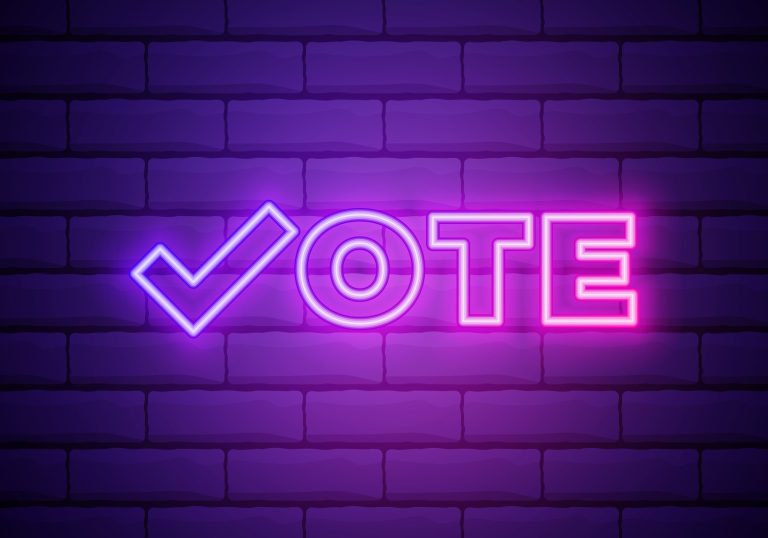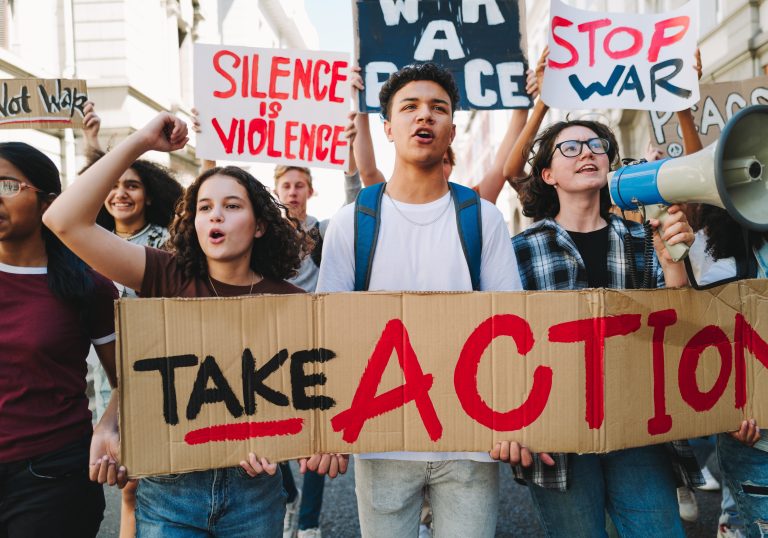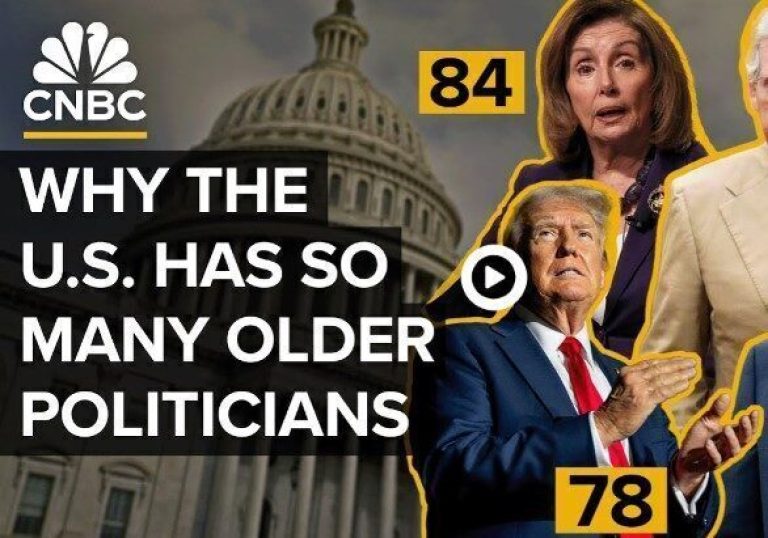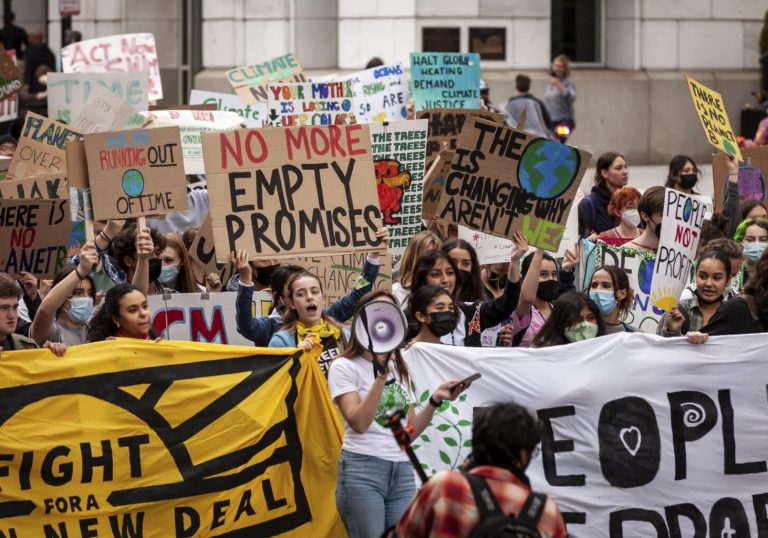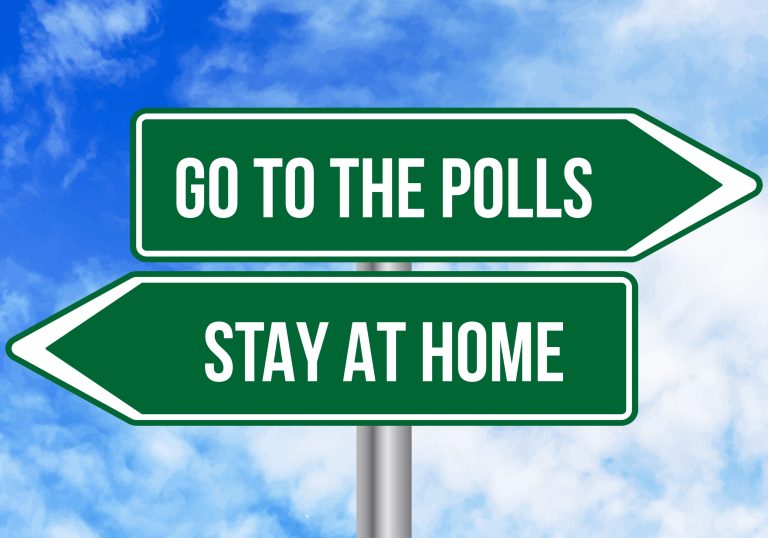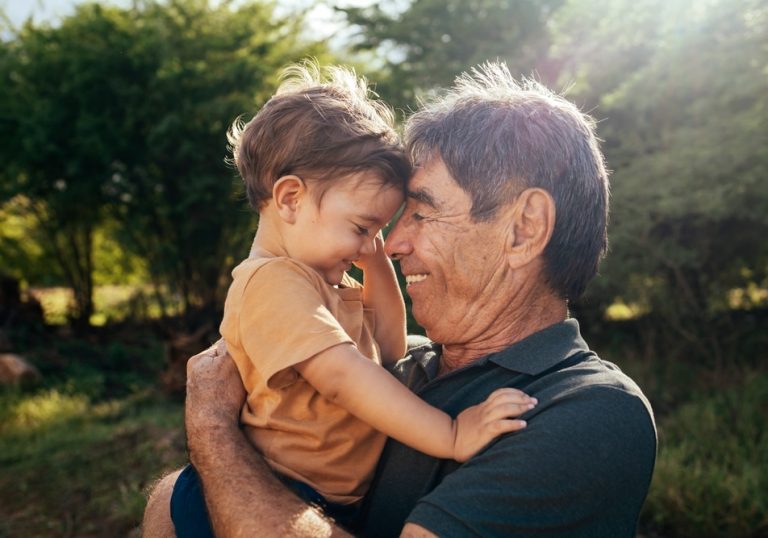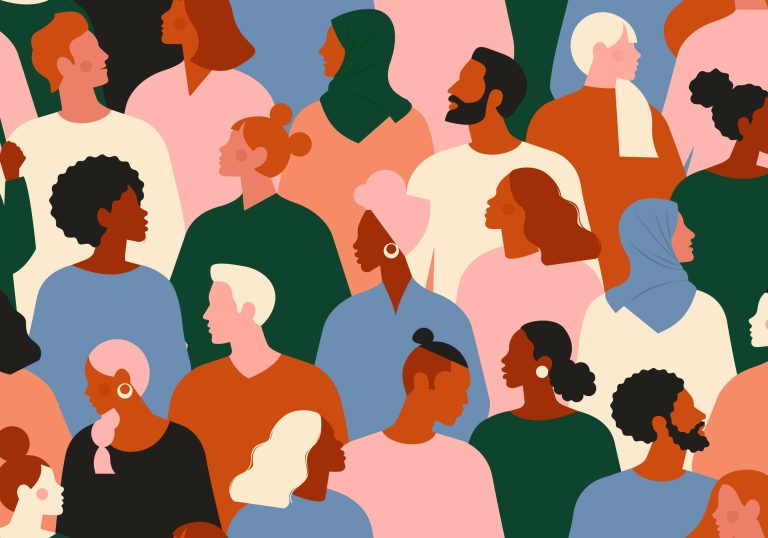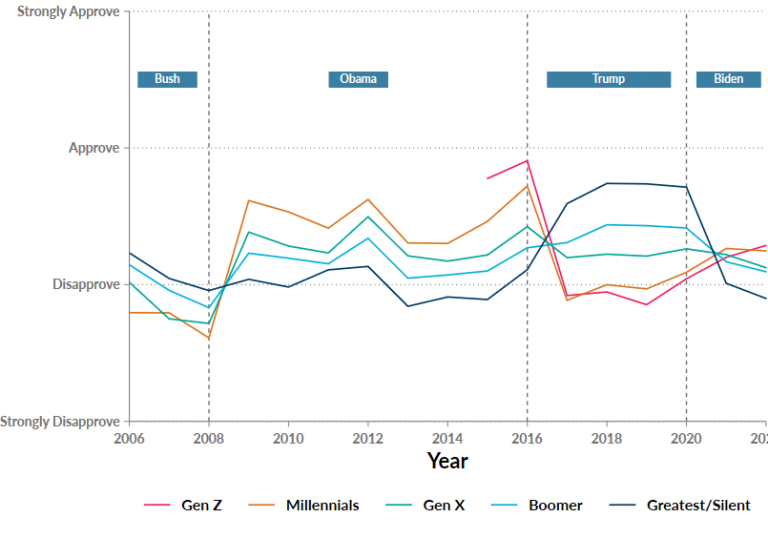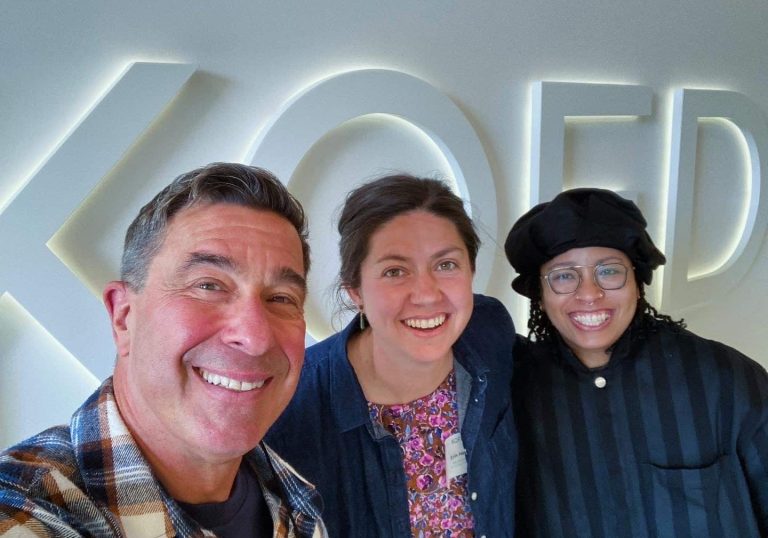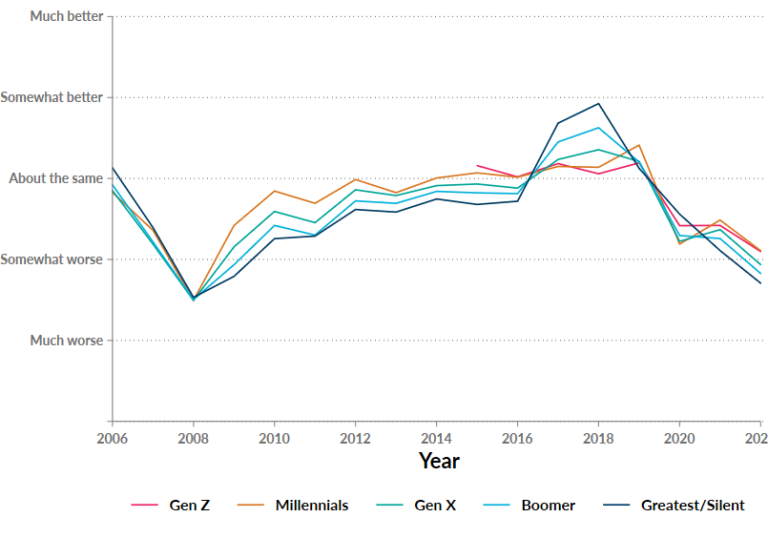Summary
The health and strength of a democratic polity rests upon the public possessing a sufficient level of trust in government, political efficacy, civic engagement, and tolerance. Without citizens who display civic virtues, a democracy cannot fulfill its promise of liberal justice. A democracy requires citizens who are tolerant and actively participate in public deliberation rather than citizens who are apathetic, alienated from the political process, and withdrawal into the private sphere of family, career and personal projects. Given that youth represent the future health of civic life, they have been the object of many efforts to inculcate the values and practices upon which democratic citizenship depends. However, it is not clear if youth service programs like the U.S. Peace Corps, and Teach For America are mechanisms by which engaged, efficacious, and knowledgeable citizens can be groomed.
This research–led by faculty affiliate Cecilia Mo–asks if participating in youth service programs focused on low-income communities can cultivate the virtues and practices of democratic citizens. For example, are youth service participants more likely to take part in civic actions? Do these young professionals demonstrate greater political efficacy after having served? Does participation foster greater trust or skepticism in their political system? Does close intergroup with marginalized communities contact increase or decrease tolerance?

This study operationalizes these questions on democratic political socialization by leveraging a partnership with a growing and increasingly influential network of youth service organizations, Teach For All (TFAll); collecting original online survey data globally; and implementing a quasi-experimental regression discontinuity methodology.
The significance of this research is tied to the importance of developing strategies that cultivate greater civic engagement, political efficacy and knowledge, social trust and public trust in government, and tolerance. This research program evaluates the largely untested hypothesis that youth service programs inspire a lifetime of committed democratic citizenship, which has resulted in a dramatic growth in the number of youth service programs in the last two decades. Numerous youth service organizations cite the impact of service on their participants as tantamount to their mission. For instance, Peace Corps states that when “their volunteers return home, they share their stories and experiences and give back to their own communities.” TFAll claims: “We know that teaching successfully in high-need communities is foundational for a lifetime of leadership and advocacy.” Testing these hypotheses in a rigorous and internationally comparative way may shape the nature of youth service programs, popular opinion around the effectiveness of such programs, and the growth of such service programs globally.
